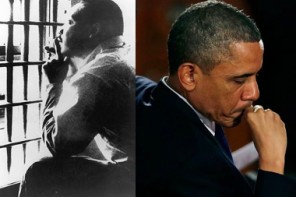Bloomberg News (which obtained tax filings via a Freedom of Information Act request) yesterday reported that the presidential candidate has benefited from a now-defunct tax loophole that takes advantage of the LDS Church’s tax exempt status.
In 1996, Romney established a Charitable Remainder Unitrust (CRUT). Under a legal provision terminated in 1997, the CRUT allowed Romney to reduce his tax exposure by directing some of his assets to be held in a trust designated as the property of a tax-exempt entity—in this case, the Church of Jesus Christ of Latter-day Saints.
The trust allowed the Church to hold, sell, or reinvest the assets (without paying capital gains tax) and the Romneys to collect a stream of cash payments from the assets—like an annuity—at a rate of 8% each year.
Meanwhile, as the annuities were paid out, principal declined, leaving the charity with less than the original donation—down from $750,000 in 2001 to $421,203 at the end of 2011.
In the Bloomberg article, one tax expert described a CRUT as “renting” a charity’s tax-exempt status; another explained that a well-designed CRUT leaves the charitable entity with virtually nothing.
The unitrust is totally legal. And it’s a small part of Romney’s $250 million fortune. Why was the presidential candidate hesitant to reveal it—so hesitant that he was willing to withhold all of his tax returns from public review?
Perhaps he felt self-conscious revealing that his donations to the LDS Church through the CRUT were designed to add up to less than he had pledged.
[This post has been corrected: Bloomberg obtained the trust’s filings via the Freedom of Information Act, not Romney’s.]

